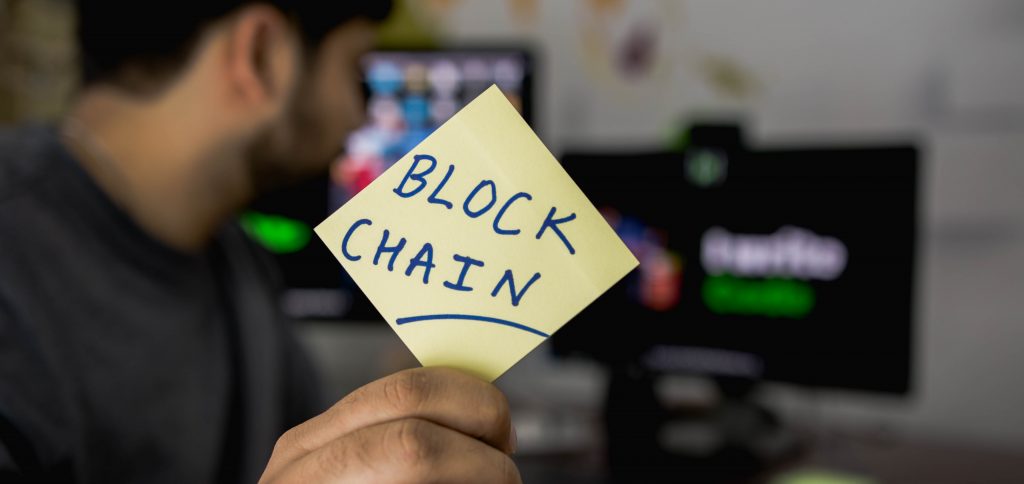Blockchain moving to the forefront

The beverage industry is facing huge challenges while also seeing itself confronted by a large number of issues. One of them is digitalization. Every company must make its own decision about which digital innovations it wants to add to its operations. Today, blockchain is one of the newest buzzwords. This technology has what it takes to completely transform scores of industries by increasing transparency and effectiveness. Marketing and media are two industries that have experienced the strongest changes from digitalization. For the beverage industry, areas like logistics and food safety are extremely important as well. Projects involving far-reaching, blockchain-driven technology are already being conducted.
The most popular use of the technology up to now seems to have been cryptocurrencies. But blockchain can do much more than simply transfer money without the help of a bank. “Smart contracts” enable data to be automatically transferred between providers and users and then to be billed with the help of cryptocurrencies. The widest range of business processes can be handled automatically, and business can be directly and decentrally conducted. Using algorithms, the technology creates integrity in a decentralized network of participants who do not know one another and do not per se trust one another. The data sets used in blockchain are inseparably combined, which, in turn, assures the accuracy of the data. Every data set (“block”) is linked to the previous set. Every action is recorded in a logbook. Because these actions are built on one another, previous transactions cannot be manipulated without changing every subsequent transaction. As a result, all parties in the blockchain can immediately see any change that has been made to it.
A substitute for domineering “intermediaries
Blockchain is considered to be a decentralizing force. It has the power to permanently change the way the economy is organized. Up to now, quite a few processes have required central, intermediary partners to be carried out. If you wanted to place a print ad or buy a TV spot, you had to turn to publishing companies, broadcasters, agencies, or search engines like Google and mobile apps like Facebook. They organized the required process and ensured the content reached its audience. Digitalization actually even intensified this centrality. Start-ups are currently working on ways to elbow out these domineering intermediaries and replace them with decentralized blockchain networks. This would make it possible to directly and automatically handle the arrangement for advertising between the provider and the advertiser. Photo agencies are another example. Photographers could upload their images to a cloud repository and set their own prices. Buyers would use smart contracts to license and pay for the photos.
Blockchain in action: logistics and food safety
Researchers are currently working to use the opportunities of blockchain technology for logistics. By applying the technology here, the paperwork associated with a shipment could be significantly minimized by replacing waybills with “smart contracts” that bundle all relevant documents and data. One platform being developed at the moment is TradeLens, a partnership between the Danish forwarding company Reederei Maerks and IBM. It includes shipping information, relevant documents and customs documents. Every company in the supply chain and government agencies can access all data in real time. All required information regarding the delivery status and the condition of the goods, including temperature, is also available at all times upon request. Such technology would appeal to the beverage industry, particularly in terms of highly perishable products. After all, the cause of problems can be quickly determined and eliminated with the technology’s help.
Supply chain transparency: for industry and consumers
DNV GL, a company involved in quality assurance and risk management, helps the food and beverage industry increase the transparency of their supply chains by using “My Story,” a digital safety solution based on blockchain technology. Italian vintners may be the first to provide a look at the various characteristics and production processes of every wine bottle. By scanning a QR code on the packaging, consumers can track the journey from the vine to the bottle. DNV GL says the companies playing a role in the product and retailers could apply verified data to gain a better understanding of their supply chains while also improving every aspect of the products in terms of economic, quality, safety, environmental, and ethical criteria. The first wine bottles bearing the “My Story” label will begin appearing by the end of 2018.
Guaranteed sustainability
“Sustainable sugar project” is the name of a project designed to create a foundation of productivity, sustainability, and profitability for Australian sugar production. The Australian government is funding a blockchain solution for sustainable sugar cultivation. The objective is to bolster the supply chains of sugar cane imports into the country and, thus, to guarantee the origin of the crop and sustainable production. Another goal is to meet the growing global demand for sustainable sugar, generated in particular by the beverage industry.
The beverage industry should definitely start considering this technology even if no radical changes are expected to be produced with blockchain in the near future and its practical application is just beginning. Experts expect the topic will become particularly relevant in about 10 years. It will continue to be interesting to see how and when the technology will actually be ready to decentrally facilitate the immense number of data transfers via blockchain. The costs for the necessary energy are also a major concern. Blockchain is still in its infancy. We will see just how much progress has been made at the next drinktec.
